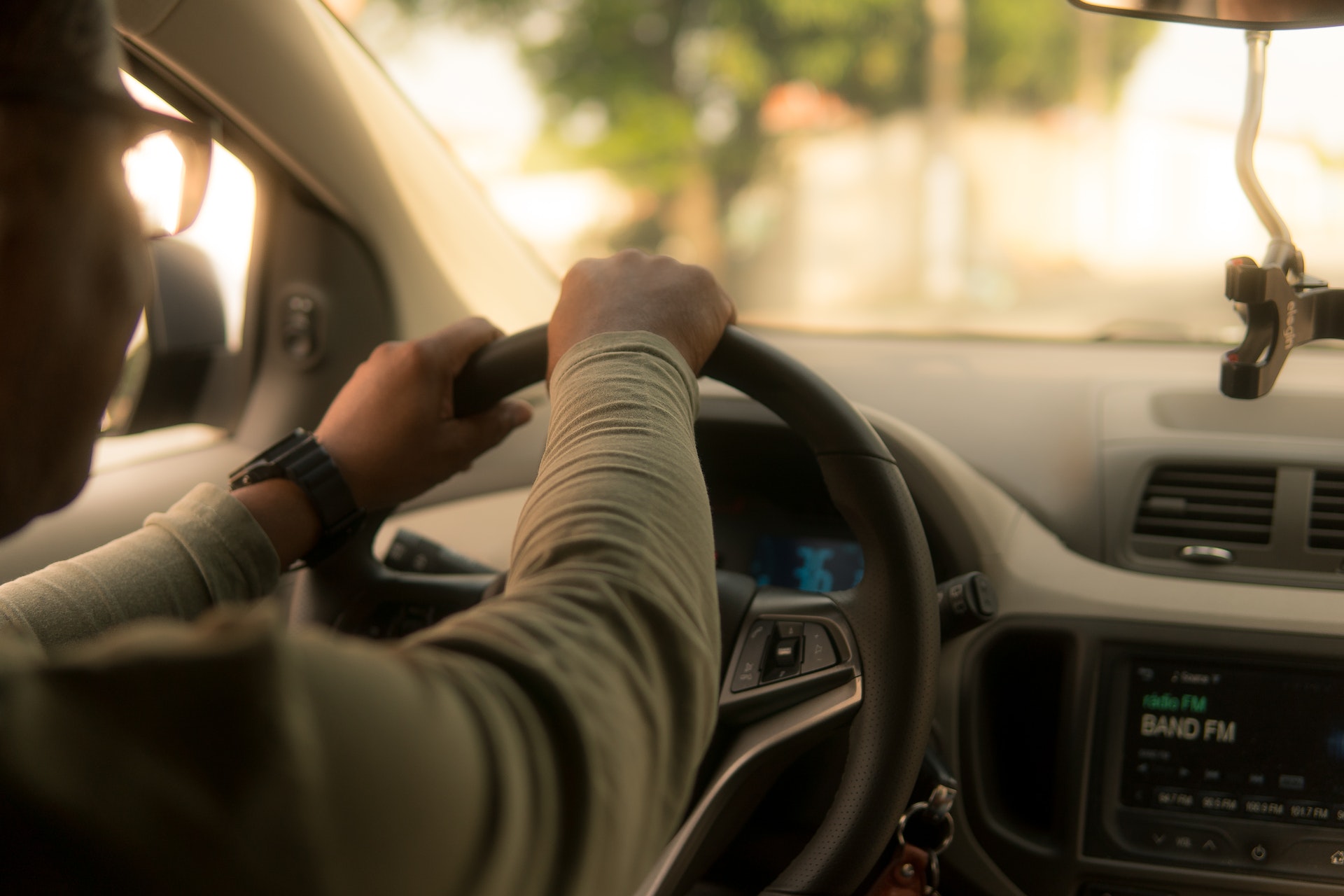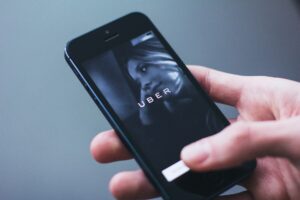Understanding Uber And Lyft Rideshare Accident Liabilities

Recently in Carlsbad, CA, an Uber car was struck by a drunk driver causing the death of one passenger and serious injuries to the other passengers. Earlier this year, an Uber passenger was killed by a hit and run driver in San Francisco. In Sacramento, CA, an intoxicated passenger in a Uber grabbed the steering wheel trying to force a crash.
These are real accidents that involved cars that were operating rideshare services. Ridesharing is a service popularized by companies like Uber and Lyft, used on a daily basis by people all across the United States.
If you have been involved in an accident involving a ridesharing vehicle as a driver, passenger, or contracted driver, this article discusses a few key topics to understand. Individuals should educate themselves on the potential risks and remedies in a legal context.
Are Rideshare Service Drivers Employees Or Contractors?
A key aspect of the operations of rideshare service companies like Uber and Lyft is that the drivers of these services are not employees—they are contractors. A rideshare driver is an independent contractor who contracts with rideshare companies to provide pickup and dropoff services. With controversy arising from disturbing accounts of passengers experiencing negative or even dangerous interactions with drivers, there has been heightened concern that contractors of rideshare services are not bound to a standard employment agreement.
What To Do After A Rideshare Car Accident
Alert the police. A police report is especially important in a car accident claim involving a ridesharing vehicle—but regardless of the parties involved, some states require that you contact law enforcement for any auto accident that involves bodily injury or property damage. If you are safe and intact, the most important thing to do next is to get the names, contact information, and insurance information of all parties involved. Take pictures of the vehicles and location of the accident and ask witnesses for their contact information. Recording a video to preserve evidence can also really help.

Understanding Liability And Insurance in Rideshare Car Accidents
Anyone involved in a car accident should know that making a claim and receiving compensation requires establishing liability and damages. Liability establishes which party was at fault for the accident.
Uber and Lyft provide liability coverage for their drivers when: the driver is logged into the rideshare service app prior to accepting a trip request; the driver has accepted a trip request and is en route to the passenger’s pickup location; and the passenger is in the car. The extent of liability coverage varies depending on the stage of the rideshare services. Terms of Uber’s auto insurance can be found on their website, including details such as: “Uninsured/underinsured motorist bodily injury coverage, which provides coverage to you and your riders if a covered accident occurs during an Uber trip and another driver is at fault and doesn’t have sufficient insurance.”
The rideshare driver’s insurance may come into play if not involved in services set forth above. All insurance coverage should be considered following an injury event. If a driver is involved in an accident during the course being logged into the rideshare service app, the driver’s personal car insurance policy will not apply. Personal car insurance policies do not apply to commercial use. Therefore, the insurance company will reject the claim on the basis that the accident occured while the vehicle was not operating the vehicle for personal use.
As a passenger, it is important to understand that if you are involved in an accident in the course of a trip, the rideshare company may be held liable. If you are a passenger involved in an accident that did not occur in the course of a trip, the driver might be personally liable, but the rideshare company may be liable as well. Lawsuits and legislative efforts make this an ever-evolving topic that is being worked out in courts.
As a driver, if you are hit by a rideshare vehicle that is performing a rideshare service or on the way to picking up a passenger who submitted a ride request, the rideshare company and the driver may be held liable. Therefore, be sure to record the driver’s personal information as well as the rideshare company’s information if you see a rideshare sticker in the window of the vehicle.
If you or a loved one has been injured as a result of a ridesharing auto accident, you deserve compensation for the resulting medical expenses, pain and suffering, and loss of income. Call San Diego Auto Accident Lawyer Christopher Villasenor to help you with your next steps.
Call Us Today: 619-375-2956
Email Us: cvillasenor@sdlawfirm.net
Disclaimer: The content of this website or any blog is for information or educational purposes only. Nothing on this website or blog should be considered legal advice for any individual case or matter. This information is not intended to create, and receipt or viewing does not constitute, an attorney-client relationship.
